Praise be. A day or two ago, something potentially quite exciting took place in Ditchley Park in Oxfordshire. It was a two-day conference and its guiding question – according to documents obtained by the Observer – was: ‘How can we make Brexit work better with our neighbours in Europe?’ Gathered there, and not a moment before time (though some might say five or six years ago might have been better still), were a number of politicians and public figures. It’s described as having been a ‘private discussion’.
There are two things that seem worth noticing about this. The first, which is very encouraging, is that the meeting involved people who were both pro- and anti-Brexit in the first place, and that it included people on both sides of the House and neither. There will have been an inbuilt check, therefore, on the group polarisation effect. This wasn’t just a bunch of Remainers sitting about, like at the north London dinner party of cliché, taking competitive pleasure in pointing out how wrong their political opponents turned out to be. Nor will it have been a bunch of Brexiteers stewing in resentment at how ‘sneering elites’ sabotaged their project.
It seems to me, pace those altogether in denial about the matter, that it’s uncontroversial to say that Brexit has not yet proven the unmitigated success some had hoped for and others had promised. That lovely Union Flag butterfly has not steered effortlessly into the spring sunshine; it has struggled to emerge from its cocoon. Its wings are sticky and scrunched up. A meeting on ‘the failures of Brexit’, as reports have described it, is therefore a meeting grounded in reality. But that doesn’t mean it’s defeatist: my sense is that none of those people would have been there had they not thought that there were things that can be done to mitigate those failures.
Some of us always thought Brexit was a terrible idea, but that’s a bit beside the point. It has happened, we are where we are, and it seems a good idea to take that as a starting point. Remainers must acknowledge that Brexit is a reality, and any hope of reversing it is a generation off. Leavers must acknowledge that it’s been a bit of a boggins so far. So the Ditchley Park conspirators were, we’re entitled to hope, a collection of pragmatists trying to address the real politics of where we are – and see what can be done to make the best of it.
We need to acknowledge that Brexit has happened in order to move forward
The second thing worth noticing is much less encouraging. It’s that the people who were gathered in this conclave came together in what’s described as ‘high secrecy’. Had it not been leaked to a Sunday newspaper, none of us would have had the first idea that this had even happened. It is – and sorry if this counts as mental health shaming – completely bonkers that the tone of the public conversation about the major fact of our national life is so polarised and unreal that ecumenical groups meeting to talk about reality feel the need to do so in conditions of deathly omerta.
And, in large part as a result of that situation, the people having this conversation were not, for the most part, those in a most direct position to implement whatever good ideas came out of it. I don’t want to call them the B-team – the attendees whose names have been made public have a lot of wisdom and experience and clout – but they certainly don’t seem to have been the greatest powers in the land.
The only senior figure in government there was the Levelling Up Secretary Michael Gove, and good on him. There was a smattering of members of the shadow cabinet, but for the most part the guest list seems to have been party grandees (Norman Lamont and Michael Howard for the Tories; Peter Mandelson and Gisela Stuart from the Labour party) and miscellaneous poobahs of the sort who don’t always have one eye on the safety of a seat at the next election: ‘diplomats, defence experts and the heads of some of the biggest businesses and banks’.
Rishi Sunak is still hostage, or half-hostage, to the European Research Group. Keir Starmer is still terrified of saying anything which will allow him to be painted as a secret rejoiner and cost him the Red Wall or whatever his psephologists are telling him. But since one of these men is in power now, and the other one is likely to be power soon, it seems kind of important that they should be having conversations of exactly the sort that took place in Ditchley. It might not even be the worst idea in the world, in democratic terms, for them to have these conversations in public.
I wrote this time last week of how there seemed to be a deficit in what my might call ‘reality-based’ politics. Here’s a prime example of it. We need to acknowledge that Brexit has happened in order to move forward. And we need to acknowledge that it has been, in many respects, a failure so far in order to try to fix it. Doing those two things, it seems to me, shouldn’t be secret-squirrel stuff. ‘How can we make Brexit work better?’ is arguably the central question in our national conversation, and we won’t begin to answer it until we can admit it is.
Got something to add? Join the discussion and comment below.
Get 10 issues for just $10
Subscribe to The Spectator Australia today for the next 10 magazine issues, plus full online access, for just $10.


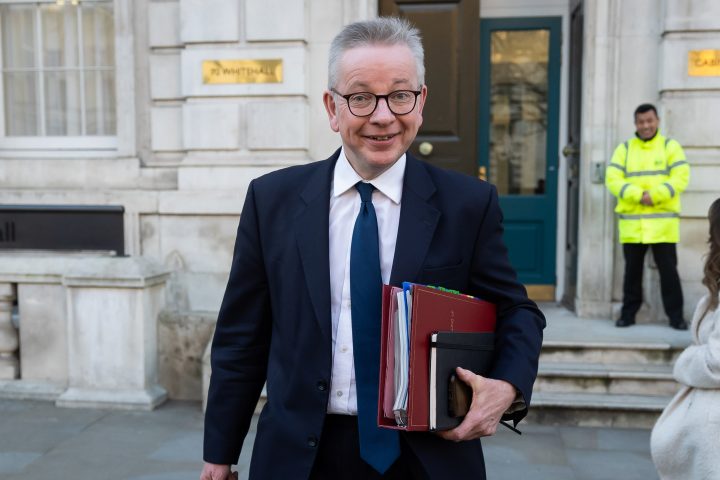
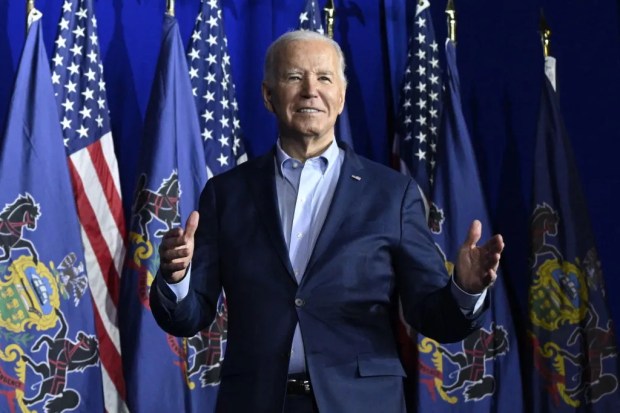
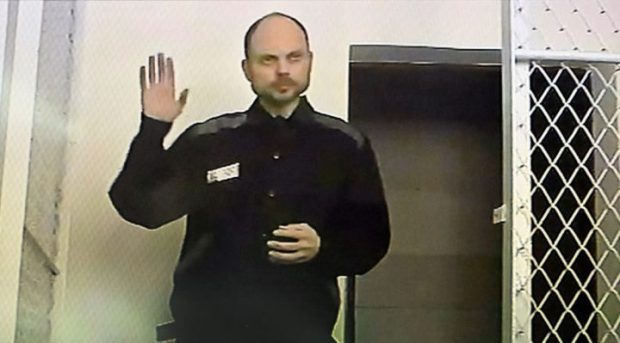
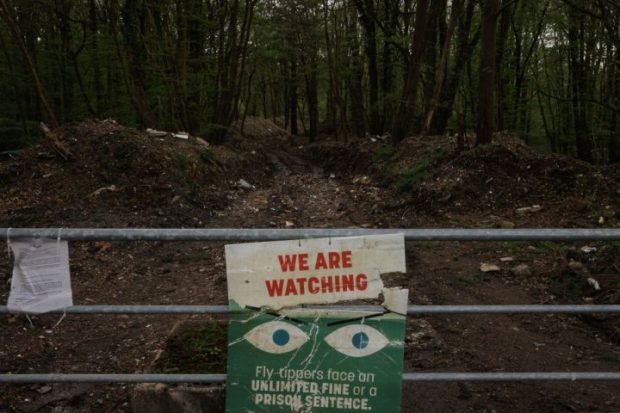
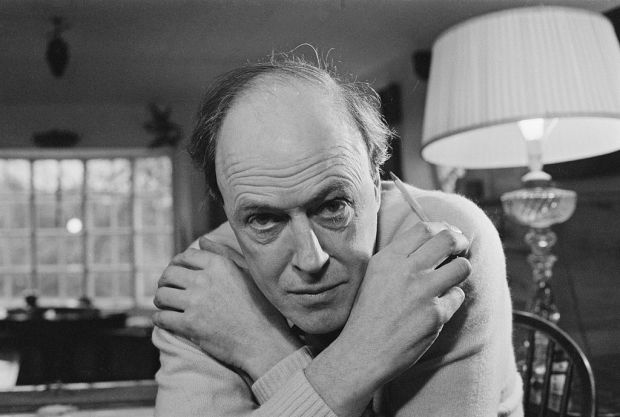
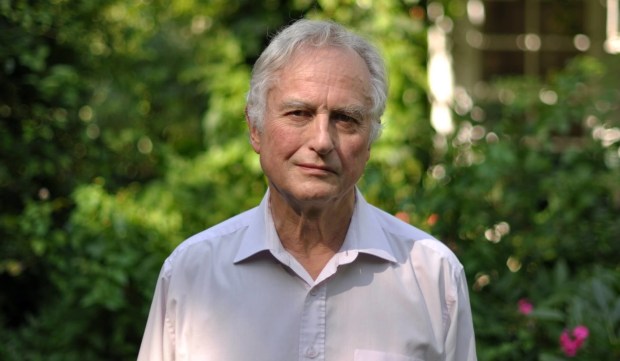













Comments
Don't miss out
Join the conversation with other Spectator Australia readers. Subscribe to leave a comment.
SUBSCRIBEAlready a subscriber? Log in